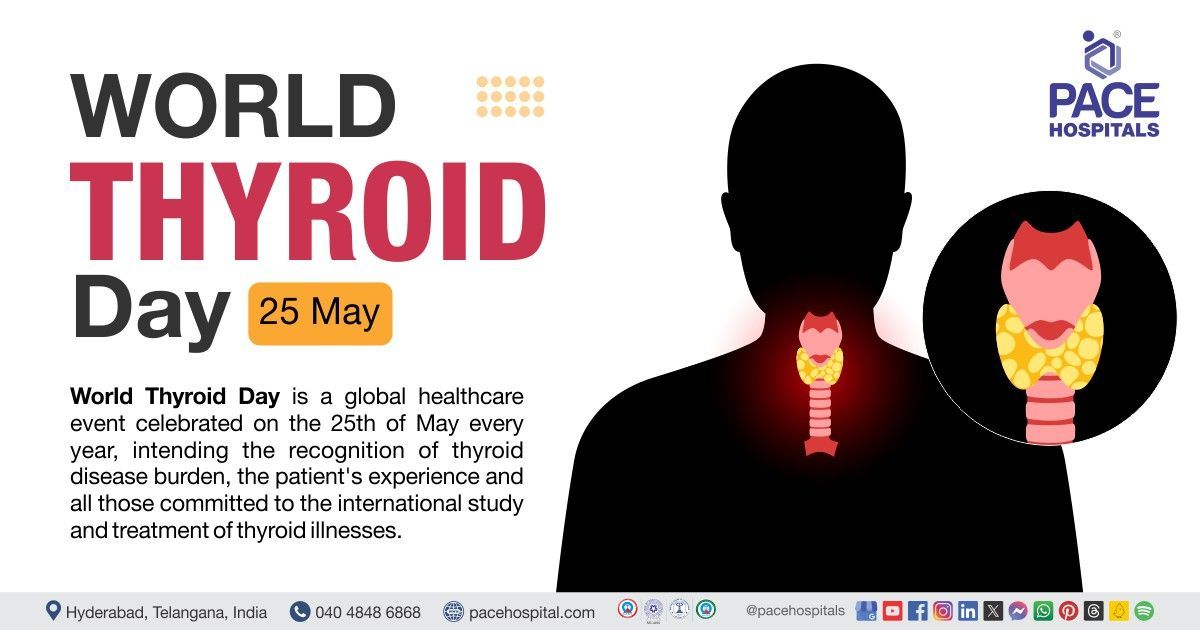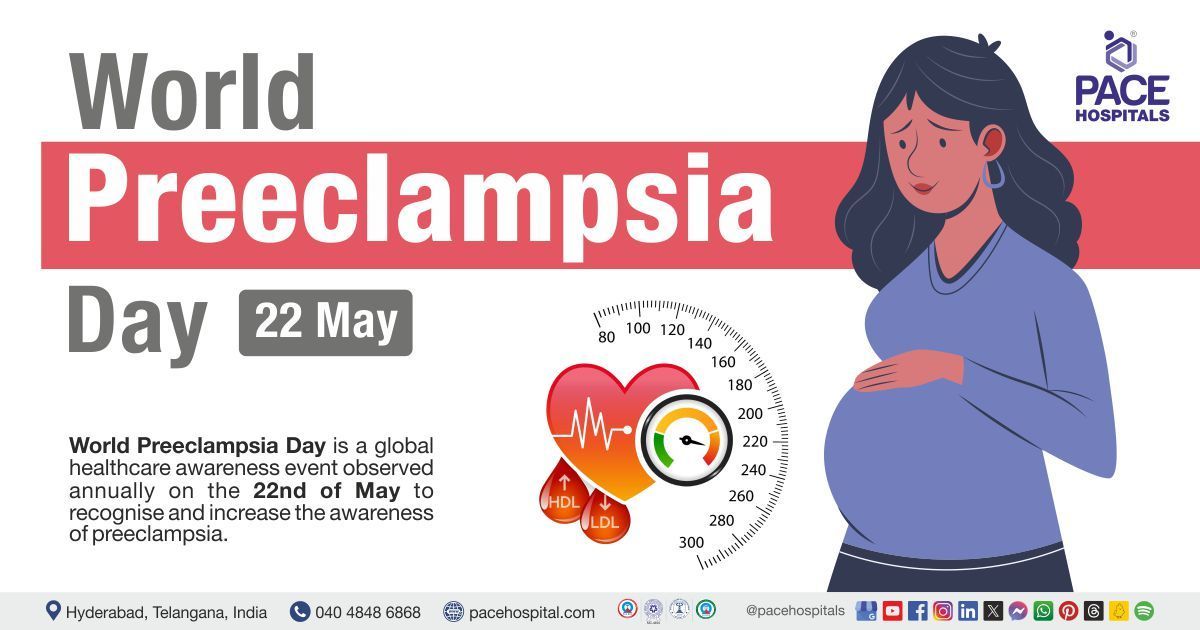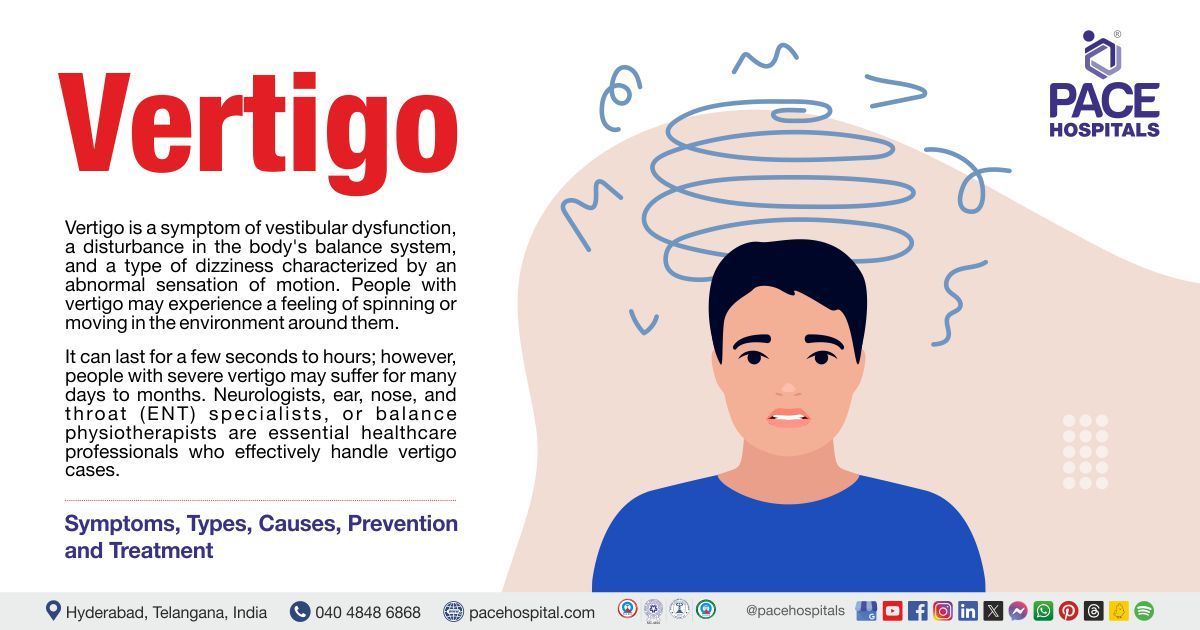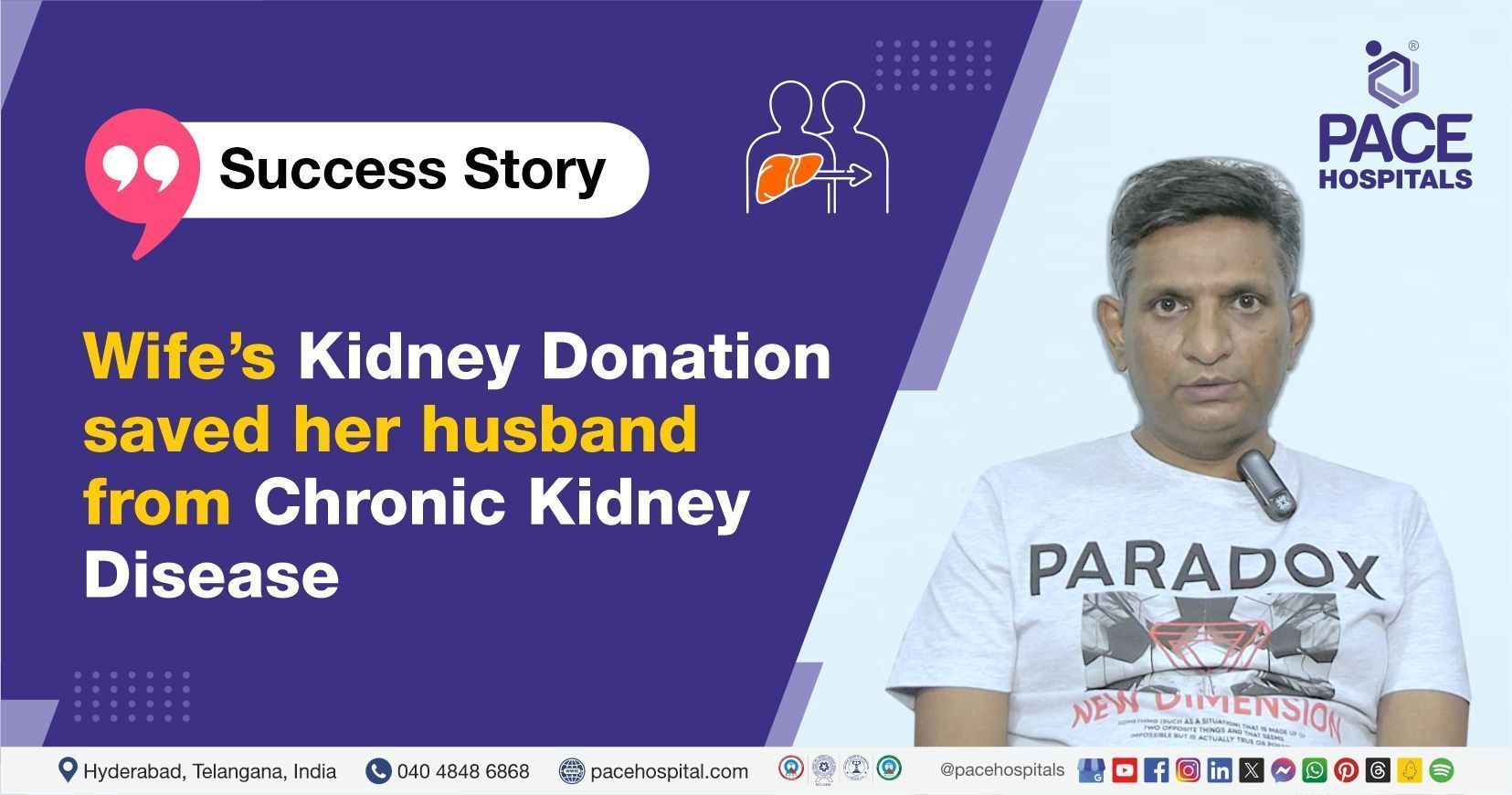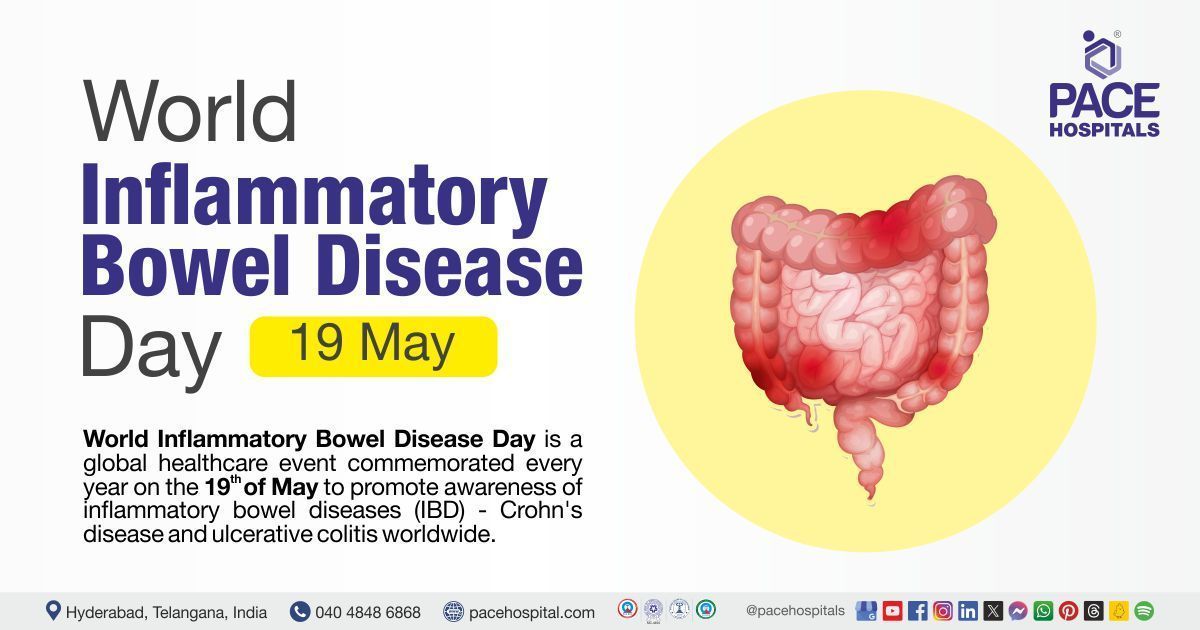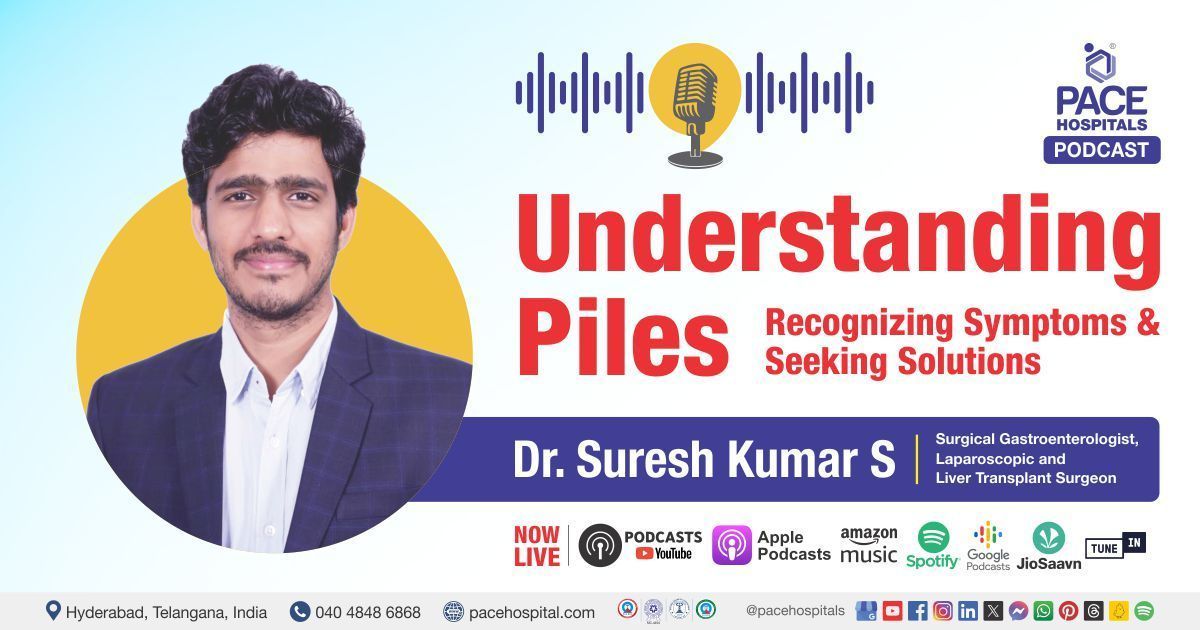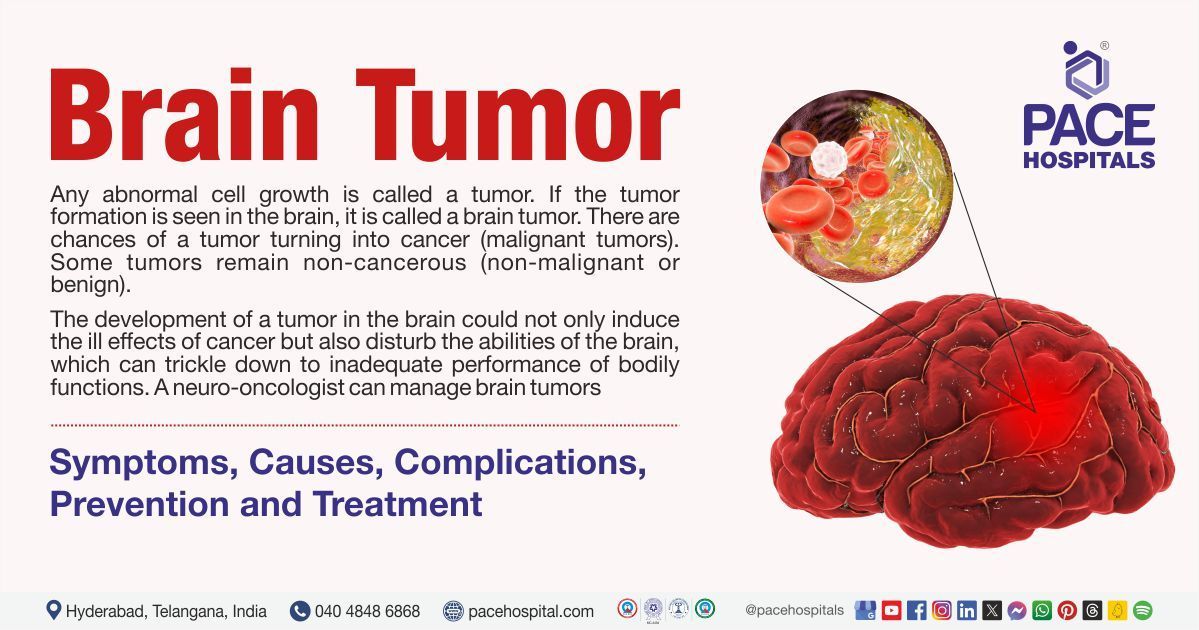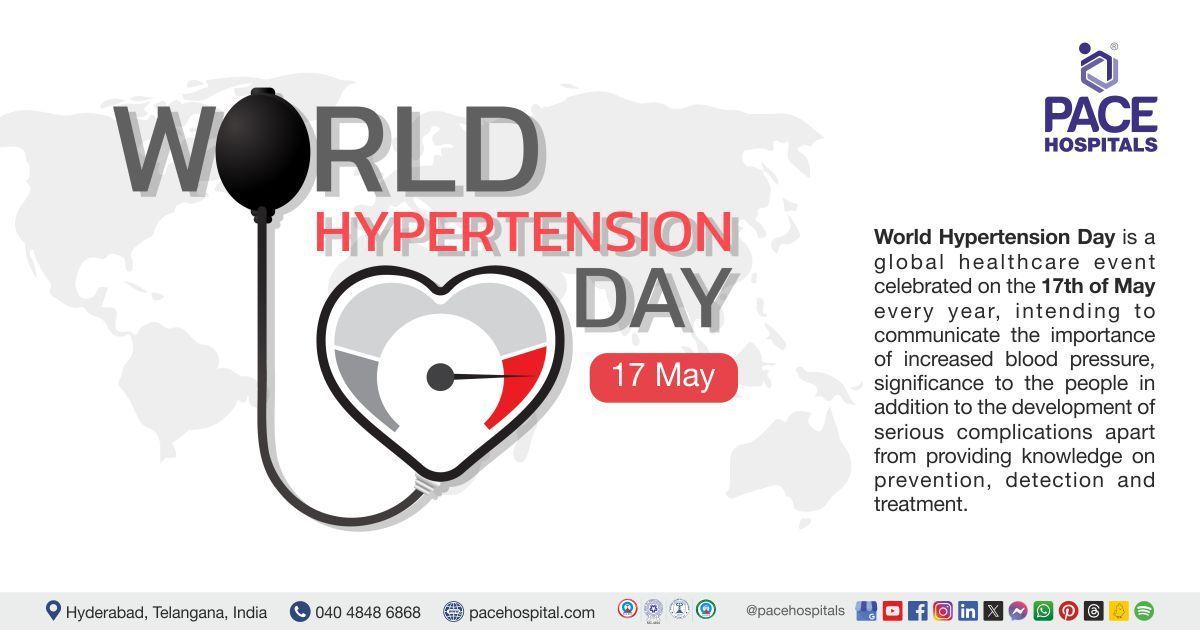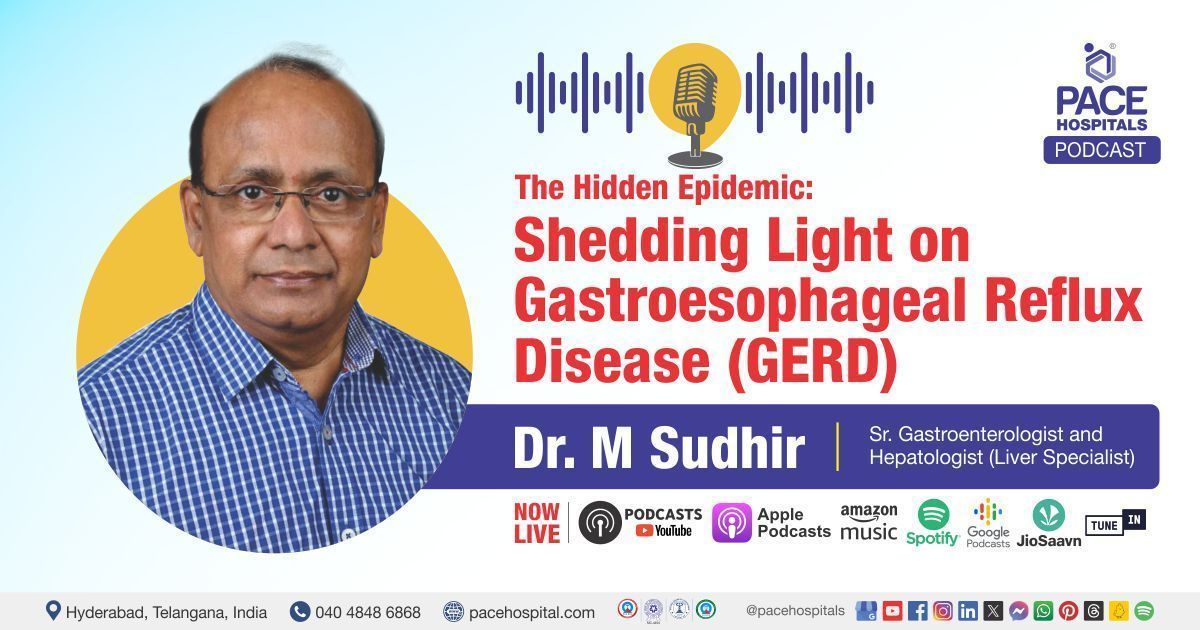Swine Flu - don't ignore it.
About 80 percent of swine flu (H1N1 virus) was caused by contamination through fomites and the rest spread through air-borne infection.
-------------------------------
What is swine flu?
-------------------------------
Influenza, commonly known as the “flu”, is an acute infection of the respiratory tract caused by influenza viruses. There are three types of seasonal influenza viruses – A, B and C. Influenza A viruses are further categorized into subtypes. Seasonal influenza epidemics can be caused by new virus strains that are antigenically distinct from previously circulating virus strains to which a population has immunity; this is known as antigenic drift.
-------------------------------
How it transmit?
-------------------------------
Influenza viruses are spread from person-to-person. They can be transmitted by exposure to infectious droplets expelled by coughing or sneezing that are then inhaled, or can contaminate hands or other surfaces. Most persons ill with influenza shed virus (i.e. may be infectious) from a few days before symptoms begin through 5-7 days after illness onset.
-------------------------------
Clinical features
-------------------------------
Infection with influenza viruses can give rise to a wide range of clinical presentations, ranging from asymptomatic infection to severe illness and death depending on the characteristics of both the virus and the infected person. In the majority of people, influenza is an uncomplicated illness which is characterised by sudden onset of constitutional and respiratory symptoms such as fever, myalgia, cough, sore throat, rhinitis and headache. Uncomplicated influenza illness resolves after 3-7 days although cough and malaise can persist for >2 weeks.
- Uncomplicated influenza: ILI (Influenza-like illness) may present with fever, cough, sore throat, coryza, headache, malaise, myalgia, arthralgia and sometimes gastrointestinal symptoms, but without any features of complicated influenza.
- Complicated/severe influenza: Influenza requiring hospital admission and/or with symptoms and signs of lower respiratory tract infection (hypoxaemia, dyspnoea, tacchypnoea, lower chest wall indrawing and inability to feed), central nervous system involvement and/or a significant exacerbation of an underlying medical condition.
-------------------------------
Risk factors for complicated/severe influenza:
-------------------------------
- Pregnant women(including the post-partum period)
- HIV–infected individuals
- Individuals with tuberculosis
- Persons of any age with chronic disease, including:
- Pulmonary diseases (e.g. asthma, COPD)
- Immunosuppression (e.g. persons onimmunosuppressive medication, malignancy)
- Cardiac diseases(e.g. congestive cardiac failure)
- Metabolicdisorders (e.g. diabetes)
- Renal disease
- Hepatic disease
- Certainneurologic and neurodevelopmental conditions, including: disorders of thebrain, spinal cord, peripheral nerve, and muscle such as cerebral palsy; epilepsy (seizure disorders); stroke; mentalretardation; moderate to severe developmental delay; muscular dystrophy; orspinal cord injury.
- Haemoglobinopathies(e.g. sickle cell disease)
- Persons aged ≥65 years
- Persons ≤18 years receiving chronic aspirin therapy
- Persons who are morbidly obese (i.e. BMI ≥40)[23]
- Young children (particularly <2 years of age)
-------------------------------
Prevention of influenza
-------------------------------
Influenza vaccination is the most effective method for prevention and control of influenza infection available currently. In general, influenza vaccines are most effective among children ≥ 2 years and healthy adults.
-------------------------------
Influenza vaccination
-------------------------------
Because of the changing nature of influenza viruses, WHO monitors the epidemiology of influenza viruses throughout the world. Each year recommendations about strains to be included in the vaccine for the following influenza season are made. Separate recommendations are made for the Southern and Northern Hemisphere vaccines each year.
Request an appointment
Fill in the appointment form or call us instantly to book a confirmed appointment with our super specialist at 04048486868
Appointment request - health articles
Thank you for contacting us. We will get back to you as soon as possible. Kindly save these contact details in your contacts to receive calls and messages:-
Appointment Desk: 04048486868
Whatsapp: 8977889778
Regards,
Pace Hospitals
Hitech City and Madinaguda
Hyderabad, Telangana, India.
Oops, there was an error sending your message. Please try again later. We will get back to you as soon as possible. Kindly save these contact details in your contacts to receive calls and messages:-
Appointment Desk: 04048486868
Whatsapp: 8977889778
Regards,
Pace Hospitals
Hitech City and Madinaguda
Hyderabad, Telangana, India.
Our Locations
Subscribe to our newsletter and stay updated with the latest health information.
By clicking on subscribe now, you accept to receive communications from PACE Hospitals on email, SMS and Whatsapp.
Subscribe to PACE Hospitals News
Thank you for subscribing. Stay updated with the latest health information.
Oops, there was an error. Please try again submitting your details.
-

Payment in advance for treatment (Pay in Indian Rupees)
For Bank Transfer:-
Bank Name: HDFC
Company Name: Pace Hospitals
A/c No.50200028705218
IFSC Code: HDFC0000545
Bank Name: STATE BANK OF INDIA
Company Name: Pace Hospitals
A/c No.62206858997
IFSC Code: SBIN0020299
Scan QR Code by Any Payment App (GPay, Paytm, Phonepe, BHIM, Bank Apps, Amazon, Airtel, Truecaller, Idea, Whatsapp etc)
Call us at 04048486868
ADDRESS
PACE Hospitals
Hitech City : Beside Avasa Hotel, Pillar No. 18, Hyderabad - 500081
Madinaguda: Mythri Nagar, Beside South India Shopping, Madinaguda, Hyderabad - 500050
QUICK LINKS
Disclaimer
General information on healthcare issues is made available by PACE Hospitals through this website (www.pacehospital.com), as well as its other websites and branded social media pages. The text, videos, illustrations, photographs, quoted information, and other materials found on these websites (here by collectively referred to as "Content") are offered for informational purposes only and is neither exhaustive nor complete. Prior to forming a decision in regard to your health, consult your doctor or any another healthcare professional. PACE Hospitals does not have an obligation to update or modify the "Content" or to explain or resolve any inconsistencies therein.
The "Content" from the website of PACE Hospitals or from its branded social media pages might include any adult explicit "Content" which is deemed exclusively medical or health-related and not otherwise. Publishing material or making references to specific sources, such as to any particular therapies, goods, drugs, practises, doctors, nurses, other healthcare professionals, diagnoses or procedures is done purely for informational purposes and does not reflect any endorsement by PACE Hospitals as such.



